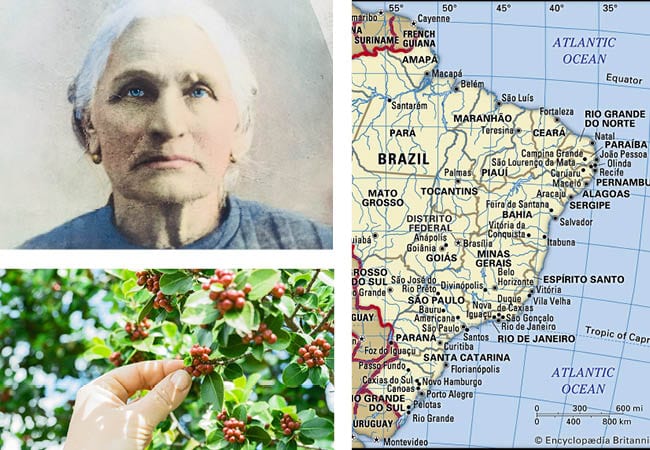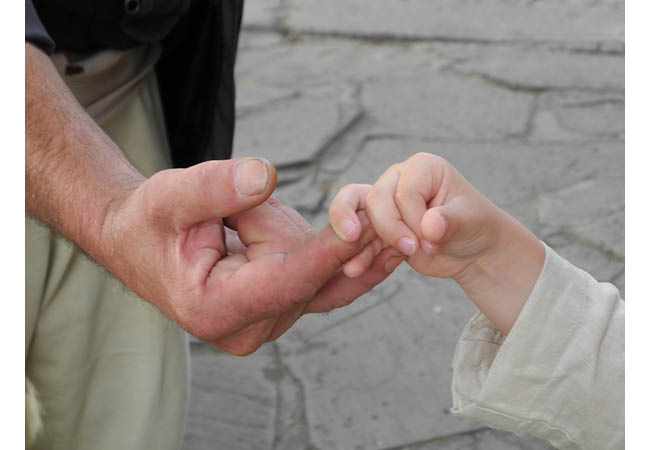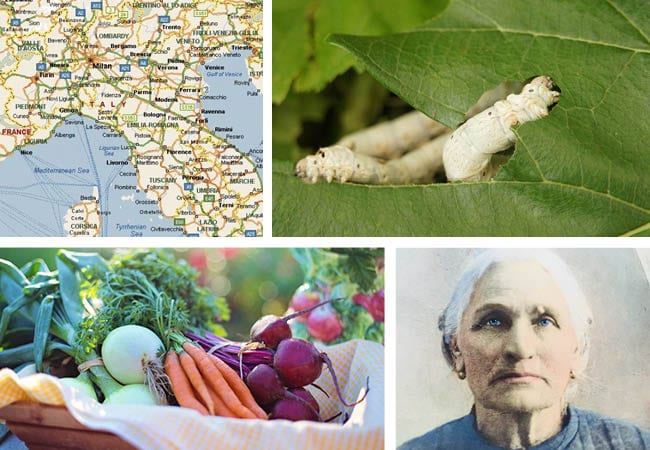Storytelling is intrinsic to our very nature. For millennia, our cultural, political and intellectual worldview and our place in it have contracted and expanded with each story.
Through stories, the listener and the teller seem to seek redemption for the fallen, a desire to see them restored, made whole, according to renown author Flannery O’Connor.
Because single parents are treated in such unjust ways and scrutinized with such ignorance, we have perhaps become the fallen to which Flannery refers. This blog through its stories achieves that redemption for single parents by illuminating our experience with a dignified yet authentic account of our journey.
This post focuses on my great-great-grandmother. Her story had been dutifully passed down through the women in my family for generations. My mother shared this version of my great-great-grandmother’s life that she stitched together from the many accounts described by her aunts, my great aunts.
In assembling these memories into a story, I felt certain liberties were warranted. Some historical context was added to reinforce the integrity of these experiences, which occurred more than 100 years ago.
I admit you will encounter some gaps, ask some questions, but I hope you can suspend any anxiety or unease over these unintended omissions and revel in the life of a simple woman with incredible determination and courage.
Being a widow and unemployed
My great-great-grandmother was born in the mid-1800s and lived in northern Italy with her husband and seven children. Their agrarian-based livelihood required the many helping hands a large family could provide.
Before her eighth child was born in the early 1890s, my great-great-grandmother lost her husband and the father of her children to pneumonia.
Seeking aid from her father, who worked at a store, was futile. He told her that he could not help her and turned her away.
Italy at this time was experiencing tremendous unemployment, excessively high taxation and overpopulation.
Since the fall of the Roman Empire, Italy was merely a collection of provinces, scattered throughout the boot, with only the central region under the authority of the Catholic Church.
On their own, the provinces were vulnerable, enduring attacks from outside countries and influxes of people with different languages and cultures. Finally, after several wars, the provinces were unified into one country. (Nellis, 5)
This unification resulted in economic turmoil and a booming population, making Italy attractive to Brazil, which was experiencing dramatic economic and labor changes of its own.
Slaves had worked the coffee plantations, supporting Brazil’s major and most profitable export, until the slave trade was outlawed in the mid-1800s.
Lured to Brazil with promises
To lure immigrant labor, Brazil devised an aggressive campaign with the cooperation of the Italian government to recruit Italians, particularly from the northern region of Venetia where my great-great-grandmother lived. (Nellis, 9)
The promise of gainful employment in a beautiful, welcoming country must have appealed to her as she mulled how she would care for her young children and herself. And her and her children’s background in farming must have qualified them for the opportunity. Her case is interesting, however, because married couples with children were preferred.
Leaving her home, culture and language must have frightened my great-great-grandmother but she needed to make a drastic change.
Before arriving in Brazil, my great-great-grandmother had her eighth and final child.
Crammed on a steamship with hundreds of desperate, hopeful people, she had to tend to seven children and a babe in arms during the multi-week overseas voyage. The Brazilian government covered the initial expenses of the trip, but my great-great-grandmother was expected to pay back the government.
Working at a coffee plantation
The coffee plantations were concentrated in Minas Gerais, São Paulo and Paraná in southeastern Brazil. Her ship very likely docked at a port in this region and from there she went to a lodge where she signed a contract to work for a farmer for a certain period of time and wage. (Nellis, 17-18)
She was essentially an indentured servant.
My great-great-grandmother was not prepared for her new life.
When she arrived at the plantation after being transported from the port, she and her children moved into a rather crude hut situated among other similar residences, forming a sort of village. To put it diplomatically, the huts were modest, one-room dwellings.
The heat was unbearable. She was accustomed to the cooler temperature of northern Italy and found it difficult to endure the merciless, humid climate.
Another point often emphasized but never elaborated on were the bugs. They were everywhere and disgusted her.
During the day, my great-great-grandmother and her seven children helped with the coffee bean harvest, which happened during the oppressive summer months. Before they entered the fields, workers would beat the coffee plants to scare away the snakes.
Is the baby safe?
While they worked, my great-great-grandmother’s baby stayed in a sort of hammock that hung from the rafters of the hut’s ceiling.
An older woman served as a childcare provider of sorts, traveling from hut to hut on a circuit, feeding and changing the babies.
One day my great-great-grandmother returned to the hut to find a large snake suspended from the rafters, only inches away from her baby with sweet milk on her face and clothes.
She removed her apron, wrapped it quickly around the snake’s head, yanked it from the rafters and threw it from the hut.
This horrifying incident, the harsh climate, the dangerous jungle environment as well as the rumor that a plantation manager was interested in one of her young daughters compelled my great-great-grandmother to make a drastic decision — again.
Her decision would alter the future of her entire family and her future professional prospects.
* Nellis, Joseph C. 1992. Emigration of Italians to Brazil (1870-1906) Past and Present: A Historical Synthesis and Analysis. Salt Lake City, UT: University of Utah.
On Thursdays, I will be sharing a blog about a day in the actual life of a single parent. Every fourth Thursday, instead of a personal post, I will put together one where I assemble news on and about single parents nationally and globally.
I would love to hear from you! Feel free to send any comments and questions to me at singleparentandstrong@gmail.com. I am also on Twitter @parentsonurown and can be found by searching #singleparentandstrong.






